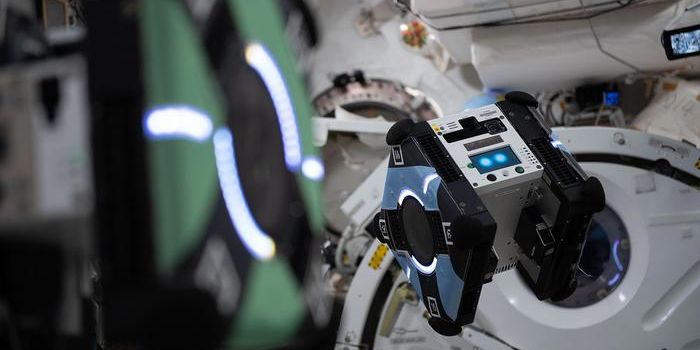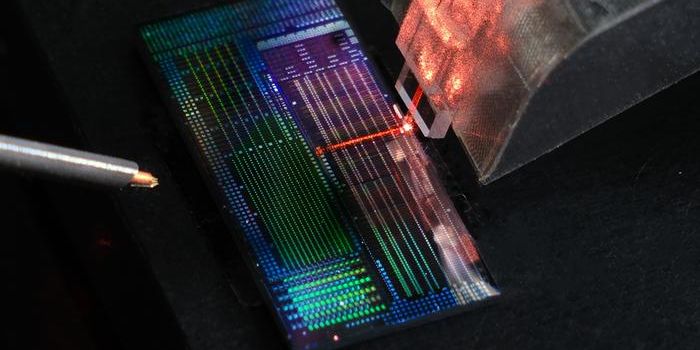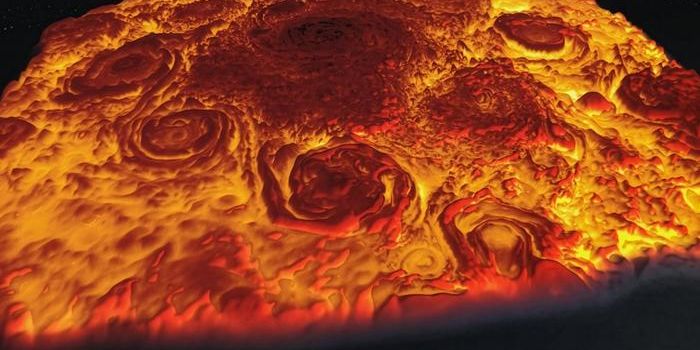Recycling: can we do it better?
Do you consider yourself an environmentally conscious citizen? You recycle, right? Maybe even compost? But did you know that despite your valiant individual efforts, only about 9% of plastic in the U.S. is recycled every year? That’s largely because the technology involved in recycling (and recycling plastics, in particular) is expensive and requires specific conditions such as long processing times under high reaction temperatures. You would think that our extreme dependence on plastic combined with the dramatic plastic pollution of our planet would make developing more efficient and cost-effective recycling methods an urgent priority, right?
Well, researchers from the Gene and Linda Voiland School of Chemical Engineering and Bioengineering at Washington State University certainly think it’s worth investigating. That’s why they have developed a new conversion method that turns plastics into ingredients for jet fuel and other products. And in designing their method, they focused heavily on making it cheap and easy.
"In the recycling industry, the cost of recycling is key," said Hongfei Lin, who is an associate professor in the department. "This work is a milestone for us to advance this new technology to commercialization." Lin and colleague Chuhua Jia published their findings in the journal, Chem Catalysis.
The method involves a catalytic process that converts polyethylene (i.e. the plastic used in plastic bags and many other products) to jet fuel and high-value lubricants. The process converts 90% of plastic within an hour at moderate temperatures (220 degrees Celsius or 428 degrees Fahrenheit). Those are significantly lower temperatures than are needed in conventional recycling processes.
"Before the experiment, we only speculated but didn't know if it would work," he said. "The result was so good. Depending on the market, they [companies] can tune to what product they want to generate," says Lin. "They have flexibility. The application of this efficient process may provide a promising approach for selectively producing high-value products from waste polyethylene."
The researchers are currently attempting to scale up the process in hopes that it will soon be ready for commercialization.
Sources: Chem Catalysis, Science Daily








